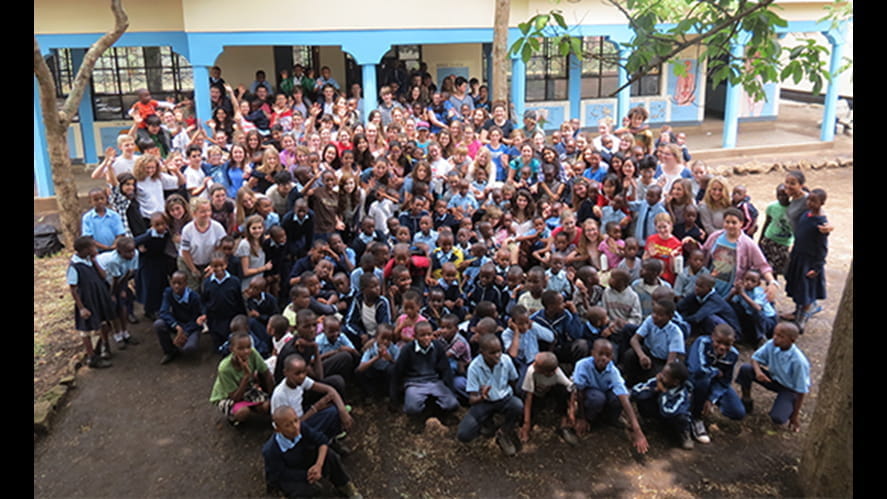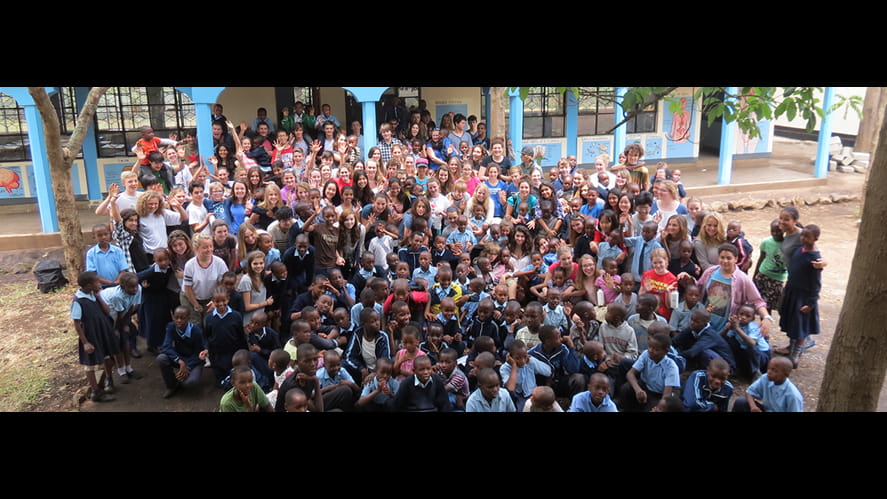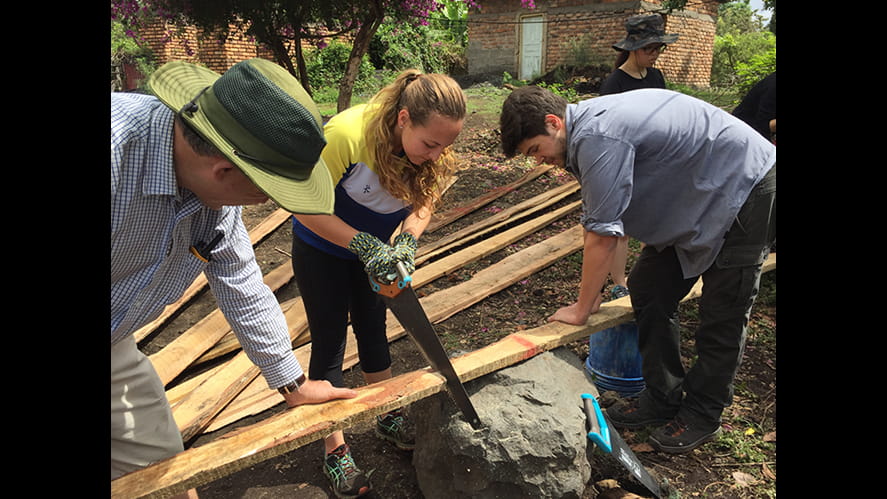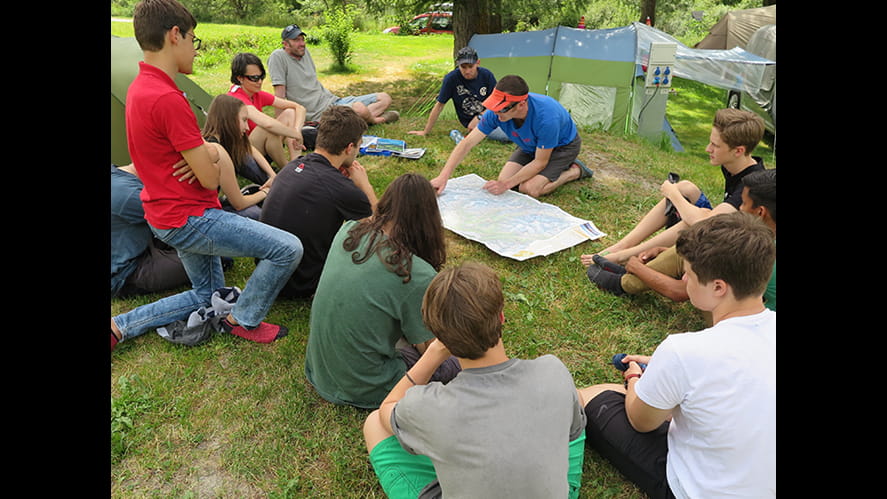We use cookies to improve your online experiences. To learn more and choose your cookies options, please refer to our cookie policy.


David Wall says the consumption of tailored information through mobile devices has created a widening gap between how our students learn about the world and how they actually experience it.

Now more than ever schools are being asked to provide an education for students that expands their learning beyond the classroom. A greater need for experiential learning has emerged, where it’s important that students face real-world problems that cannot be simulated at school.
Expeditions, or trips abroad, offer these types of unique opportunities where students can develop key skills like flexible thinking, resourcefulness and resilience — highly valued opportunities as we continue to progress into a more digital world.
“How we learn about the real world versus how we experience the real world can often be completely different.”
Mr Wall added that the aim of NAE’s global expeditions programme is to bridge that gap, so students have practical, hands-on knowledge and develop skills that can’t be taught online or in a classroom.
“How we learn about the real world versus how we experience the real world can often be completely different.”
--David Wall, Head of Expeditions at Nord Anglia Education
With over 14 years of experience in outdoor education for international schools, David Wall has led over 100 expeditions with thousands of students from year four to 12. An experienced traveller who has explored countries across Asia, Europe, Africa, Australia and North America he believes worldwide experiences and service learning are part and parcel of a holistic education.
NAE offers a variety of expeditions and experiences that give students a chance to travel, explore and develop a new perspective on the world, including two global programmes, the Citizenship Expedition in Arusha Tanzania and the Personal Challenge Expedition in Les Martinets, Switzerland.
In Tanzania, students are taught the meaning of global citizenship through local community service work. They participate in construction programmes together with residents at the local village. In the process, they not only learn about sustainable development and the environment, but it shifts how they view their place in the world.
“[Community service] gives students perspective; it teaches humility and promotes an understanding of the magnitude of the problems faced by these communities,” said Mr Wall.
“One of the key outcomes of community service expeditions is empowering students to leave with a different outlook, which often translates into future engagement with projects — whether it’s local or global.”

At Les Martinets, students are physically and emotionally challenged to push past their own limits. Traversing through the stunning Swiss Alps, they work in teams to tackle tasks like cooking outdoors and being able to navigate their way around the mountains effectively.
More often than not, students experience growth in unexpected ways. For example, Wall says he’s seen shifts happen with quiet students who find social situations difficult. They realise that suddenly they are a valuable part of a team and can contribute and interact with other students.
“I remember sitting around a fire on the last night of an expedition with a group of students and a girl said to one of the boys ‘I didn’t realise you were this funny.’ His response was ‘neither did I!’ It really stuck with me because he had gained the confidence to genuinely express himself in front of his peers which wasn’t the case at the start of the expedition.”
“We want our students to love learning and achieve more than they ever thought possible,” said Andy Puttock, NAE’s education director. “NAE’s global expeditions programme takes our 53,000 students beyond the classroom to enrich their learning. They connect and bond under new, different circumstances, which helps them to create life-long memories and feel a deep sense of achievement.”